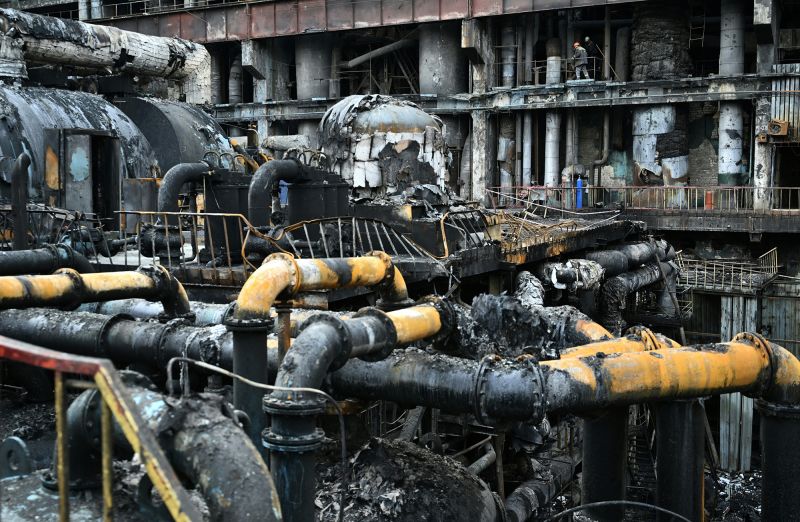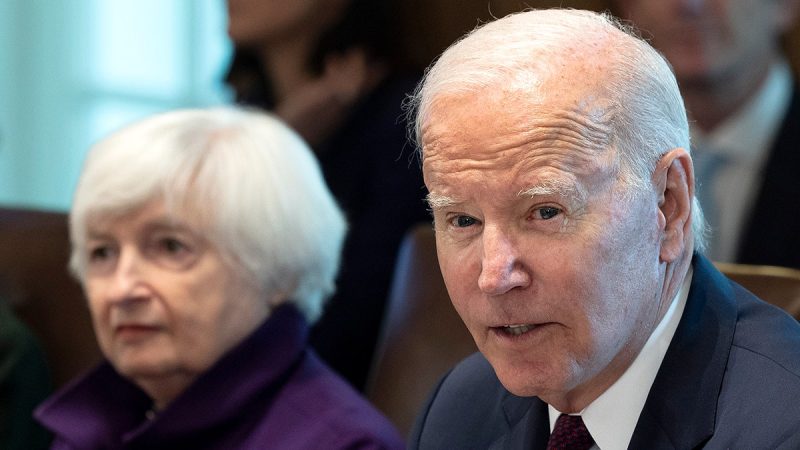September 19, 2024
Ukraine Braces for Toughest Energy Challenge Yet as War Approaches Third Winter
 The conflict in Ukraine, now entering its third winter, has posed significant challenges to the country's energy supply. With the ongoing war disrupting critical infrastructure and supply routes, Ukraine is facing one of its sternest tests in ensuring energy security for its citizens and industries. The situation remains grim as the conflict shows no signs of abating, exacerbating an already vulnerable energy situation in Ukraine.
One of the key factors contributing to the challenges faced by Ukraine's energy supply is the disruption of natural gas imports. Ukraine heavily relies on imported gas, with a significant portion coming from Russia. The conflict has strained relations between the two countries, leading to disruptions in gas supplies and fluctuations in prices. This volatility not only affects Ukraine's ability to meet its domestic energy needs but also impacts its economy, as many industries rely on stable and affordable energy to operate.
In response to these challenges, Ukraine has been actively seeking to diversify its energy sources and reduce its dependence on Russian gas. Efforts have been made to enhance domestic energy production, promote energy efficiency measures, and integrate renewable energy sources into the country's energy mix. While progress has been made in these areas, the ongoing conflict continues to hinder Ukraine's energy diversification efforts.
The conflict has also taken a toll on Ukraine's energy infrastructure, with critical facilities such as power plants and transmission lines being damaged or destroyed. This has resulted in disruptions to the electricity supply, leaving many Ukrainians without access to reliable power. The situation is further exacerbated by the harsh winter conditions, which increase the demand for heating and electricity.
In addition to the challenges posed by the conflict, Ukraine also faces pressure from international partners to reform its energy sector and improve governance and transparency. Efforts to modernize the sector and attract foreign investment have been slow, hampered by political instability and corruption. These issues not only hinder Ukraine's energy security but also impact its ability to attract the necessary funding and expertise to address the challenges it faces.
As Ukraine's energy supply faces its sternest test yet, it is evident that a comprehensive and sustained effort is needed to address the underlying issues and build a more resilient energy system. This will require a combination of political will, investment, and international cooperation to overcome the challenges posed by the conflict and pave the way for a more sustainable energy future for Ukraine. Only through concerted efforts and collaboration can Ukraine hope to navigate through this critical period and emerge stronger on the other side.
The conflict in Ukraine, now entering its third winter, has posed significant challenges to the country's energy supply. With the ongoing war disrupting critical infrastructure and supply routes, Ukraine is facing one of its sternest tests in ensuring energy security for its citizens and industries. The situation remains grim as the conflict shows no signs of abating, exacerbating an already vulnerable energy situation in Ukraine.
One of the key factors contributing to the challenges faced by Ukraine's energy supply is the disruption of natural gas imports. Ukraine heavily relies on imported gas, with a significant portion coming from Russia. The conflict has strained relations between the two countries, leading to disruptions in gas supplies and fluctuations in prices. This volatility not only affects Ukraine's ability to meet its domestic energy needs but also impacts its economy, as many industries rely on stable and affordable energy to operate.
In response to these challenges, Ukraine has been actively seeking to diversify its energy sources and reduce its dependence on Russian gas. Efforts have been made to enhance domestic energy production, promote energy efficiency measures, and integrate renewable energy sources into the country's energy mix. While progress has been made in these areas, the ongoing conflict continues to hinder Ukraine's energy diversification efforts.
The conflict has also taken a toll on Ukraine's energy infrastructure, with critical facilities such as power plants and transmission lines being damaged or destroyed. This has resulted in disruptions to the electricity supply, leaving many Ukrainians without access to reliable power. The situation is further exacerbated by the harsh winter conditions, which increase the demand for heating and electricity.
In addition to the challenges posed by the conflict, Ukraine also faces pressure from international partners to reform its energy sector and improve governance and transparency. Efforts to modernize the sector and attract foreign investment have been slow, hampered by political instability and corruption. These issues not only hinder Ukraine's energy security but also impact its ability to attract the necessary funding and expertise to address the challenges it faces.
As Ukraine's energy supply faces its sternest test yet, it is evident that a comprehensive and sustained effort is needed to address the underlying issues and build a more resilient energy system. This will require a combination of political will, investment, and international cooperation to overcome the challenges posed by the conflict and pave the way for a more sustainable energy future for Ukraine. Only through concerted efforts and collaboration can Ukraine hope to navigate through this critical period and emerge stronger on the other side.
If you would like to delve into the world of investment topics , go to our partner project Wall Street Wizardry


